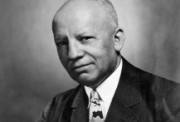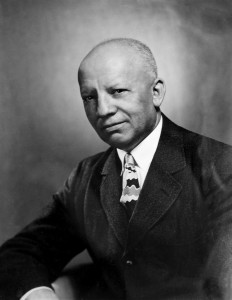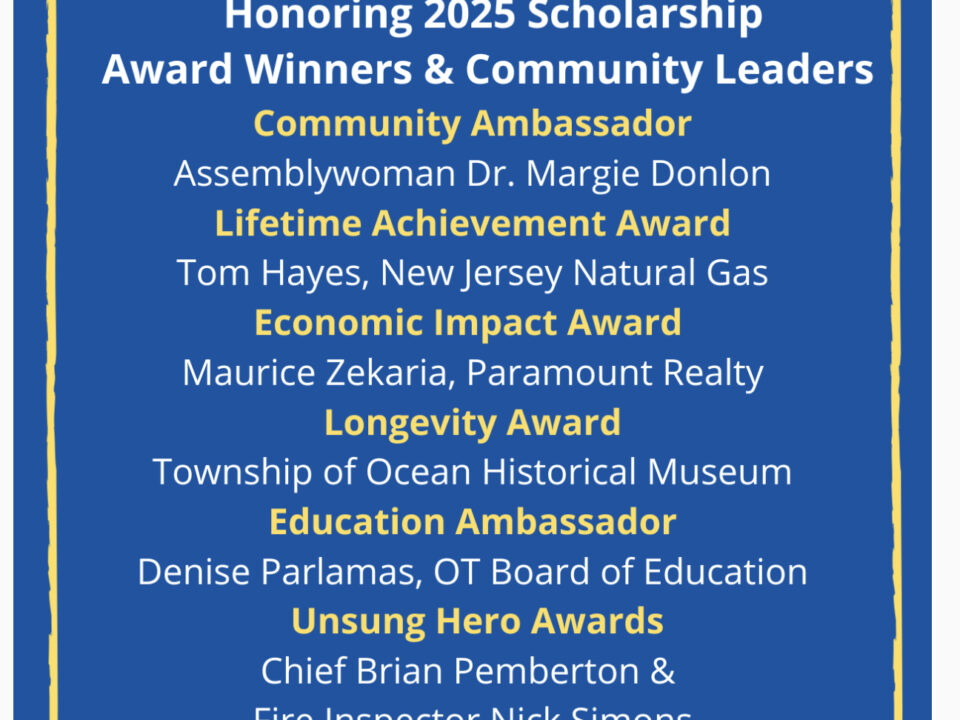Ocean Twp Preschool Expansion Program
January 26, 2022Long Branch upcoming events and notices
January 28, 2022 Our State of Mind by Robin Martin
Our State of Mind by Robin Martin
February is National Black History Month. Carter G. Woodson was the man, the visionary, who personally took on “the cause.” He did not attend high school until the age of 20.
Carter collected, documented, and published African history in America. His life began at the bottom of society in the nineteenth century. Carter was denied an education which made him pursue it all the more. His quest to tell the history of Africans life in America, after Reconstruction, became more intense as he became more educated.
Carter did not attend high school until the age of 20. He attended Frederick Douglass High School in West Virginia. He graduated in two years, and went on to Chicago University, where he earned two bachelor of arts degrees, and a master’s degree. He continued his education at Harvard College, where he earned a Ph.D. in History.
Woodson’s Association for the Study of Negro Life and History was the foundation for what would become, in Negro History Week, 1926. In 1976, Black History Month was launched.
In 1926, W. E. DuBois, another prominent African-American intellectual, nominated Woodson for the coveted NAACP Spingarn Medal. It is said, that DuBois declared that the establishment of Negro History Week,
“was the greatest single accomplishment” of the Harlem Renaissance.
Carter was determined to share his knowledge of Negro life with others. The goal was to dispel the myth of inferiority. He envisioned, that if the world could know his people as he did, reason could overcome the prejudices in the world. His mission was to present to the world the contributions of a race, that was only known to be inferior.
“We have a wonderful history behind us, if you are unable to demonstrate to the world that you have this record, the world will say to you, you are not worthy to enjoy the blessings of democracy or anything else. They will say to you, who are you anyway? Let us, then study this history with understanding that we are not, after all, inferior people. We are going back to that beautiful history, and it is going to inspire us to greater achievements. It is not going to be long before we can sing the story to the outside world as to convince it of the value of our history, and we are going to be recognized as men.” Carter G. Woodson speech Hampton Institute, Library of Congress.
Woodson moved to Washington, D.C., the nation’s capital, to work on his Ph.D. dissertation. Only African-American schools in Washington, D.C. included Negro history in their curriculum at that time.
Harvard University, founded in 1636, was significant in the educational achievements of African-American men, who became pivotal figures in the Negro movement, that desired to gain equality for Negroes in America. Two of these men, Woodson earned a Ph.D. in history, and W.E.B. DuBois the first Negro to receive a Ph.D. from Harvard.
Former New Jersey Governor McGreevey mandated African-American history must be part of New Jersey schools U.S. History curriculum.
Carter G. Woodson died in April, 1950 at 75 years of age. His legacy, Black History Month, lives on, and his vision has more clarity, more scope, and more hope.
1867 – Morehouse College was organized in Augusta, G.A.
1897 – Alfred Craille, businessman and inventor, invented the first ice cream scoop
Ms. Martin is an educator, a freelance journalist, and 2008 Dr. King Unsung Hero Award recipient. Please send stories or events news to ourstateofmindgap@gmail.com






